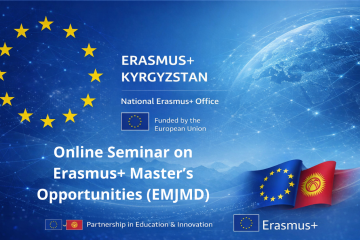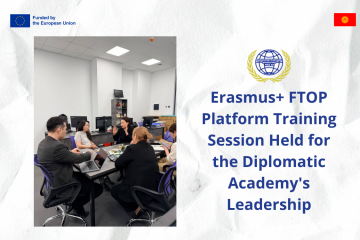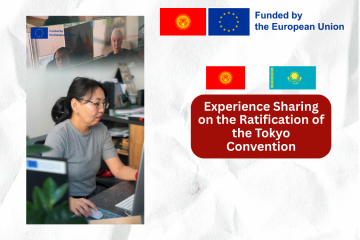This roadmap outlines a national strategy to develop and scale inclusive hybrid education across Kyrgyzstan’s higher education system. Designed for university administrators and policymakers, it presents a phased action plan from 2025 to 2030 to expand access, modernize pedagogy, and align with international standards.
This document was developed as a follow-up to the Technical Assistance Mission (TAM) seminar on hybrid education, held on 22 September, 2025 with the support of the Erasmus+ programme and contributions from national and international experts.
Key focus areas include:
Infrastructure and digital access for rural and underserved communities
Faculty training and inclusive course design using Universal Design for Learning (UDL)
Policy and accreditation reform to support hybrid program quality
Pilot programs and international partnerships for innovation and capacity building
The roadmap also features case studies from EU universities and emphasizes sustainable development, equity, and lifelong learning. It serves as a strategic guide to transform Kyrgyzstan’s higher education into a flexible, future-ready system.
Roadmap for Inclusive Hybrid Higher Education in Kyrgyzstan 1


